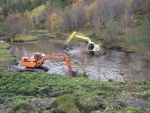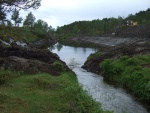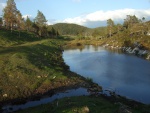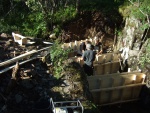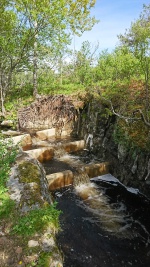Case study:Rehabilitation of the river Segeråga: Difference between revisions
Jump to navigation
Jump to search
No edit summary |
No edit summary |
||
| Line 1: | Line 1: | ||
{{Case study status}} | {{Case study status}} | ||
{{Location}} | {{Location | ||
|Location=66.71876048455148, 13.2851743630509 | |||
}} | |||
{{Project overview}} | {{Project overview}} | ||
{{Image gallery}} | {{Image gallery}} | ||
Revision as of 13:27, 17 February 2021
This case study is pending approval by a RiverWiki administrator.
Location: 66° 43' 7.54" N, 13° 17' 6.63" E
Left click to look around in the map, and use the wheel of your mouse to zoom in and out.
Project overview
| Status | |
|---|---|
| Project web site | |
| Themes | |
| Country | |
| Main contact forename | |
| Main contact surname | |
| Main contact user ID | |
| Contact organisation | |
| Contact organisation web site | |
| Partner organisations | |
| This is a parent project encompassing the following projects |
No |
This case study hasn’t got a picture, you can add one by editing the project overview.
Project summary
This case study hasn’t got any project summary, you can add some by editing the project overview.
Monitoring surveys and results
This case study hasn’t got any Monitoring survey and results, you can add some by editing the project overview.
Lessons learnt
This case study hasn’t got any lessons learnt, you can add some by editing the project overview.
Image gallery
|
Catchment and subcatchment
Site
Project background
Cost for project phases
Reasons for river restoration
Measures
MonitoringHydromorphological quality elements
Biological quality elements
Physico-chemical quality elements
Any other monitoring, e.g. social, economic
Monitoring documents
Additional documents and videos
Additional links and references
Supplementary InformationEdit Supplementary Information
| ||||||||||||||||||||||||||||||||||||||||||||||||||||||||||||||||||||||||||||||||||||||||||||||||||||||||||||||||||||||||||||||||||||||||||||||||||||||||||||||||||||||||||||||||||||||||||||||||||||||||||||||||||||||||||||||||||||||||||||||||

